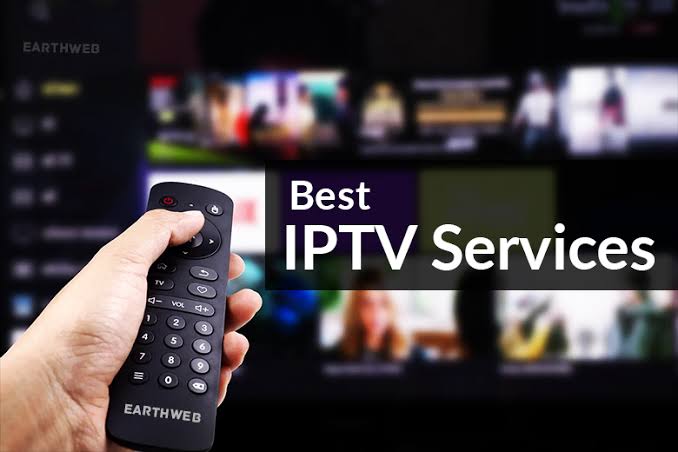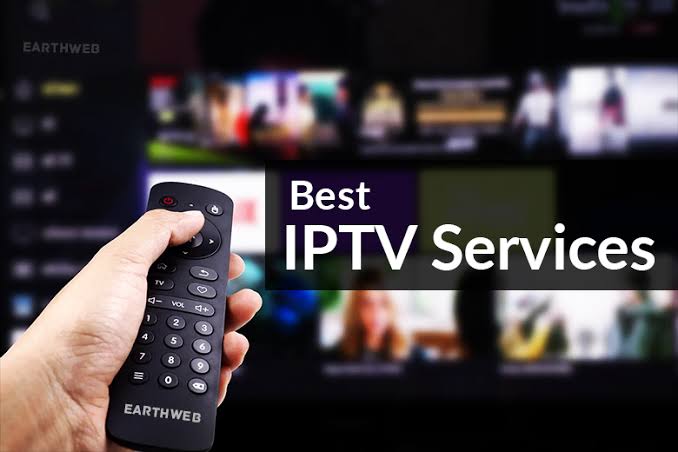The Evolution of Television: Understanding IPTV Services
Television has come a long way since the days of bulky cathode-ray tube sets and limited channel options. With the advent of the internet, a new form of television service has emerged – IPTV, or Internet Protocol Television. This technology has revolutionized the way we consume content, providing a more flexible and personalized viewing experience. In this article, we will delve into the world of IPTV services, exploring their features, advantages, and the impact they’ve had on the traditional television landscape.
Table of Contents
What is IPTV?
IPTV stands for Internet Protocol Television, a system that delivers television content over the internet rather than through traditional cable or satellite means. NordicPrime innovative technology utilizes internet protocols to transmit television signals, enabling users to stream their favorite shows and channels on a variety of devices, from smart TVs and computers to smartphones and tablets.

Key Components of IPTV:
Content Delivery Network (CDN):
IPTV relies on a robust Content Delivery Network to ensure seamless streaming. CDNs are strategically placed servers that store and deliver multimedia content to users based on their geographical location. This helps reduce latency and ensures a smooth viewing experience.
Middleware:
Middleware acts as the bridge between the user interface and the content. It manages the user’s requests, handles authentication, and facilitates interactive features like video-on-demand, electronic program guides, and more.
Set-Top Box (STB):
Many IPTV services use a set-top box to decode and display the content on a television screen. These boxes connect to the internet, allowing users to access a wide range of channels and services seamlessly.
Advantages of IPTV
Flexibility and Personalization:
One of the major advantages of IPTV is its flexibility. Users can access their favorite content whenever and wherever they want, thanks to the internet. Additionally, IPTV services often provide features like time-shifting, allowing users to pause, rewind, or fast-forward live TV.
Extensive Channel Options:
IPTV offers a vast array of channels and content options, including international channels that might not be available through traditional cable or satellite providers. This variety ensures that users have access to a diverse range of programming catering to different tastes and preferences.
Interactive Features:
IPTV brings interactive features to the forefront. Viewers can engage with content through features like voting, polls, and interactive advertisements. This interactivity enhances the overall viewing experience and opens up new possibilities for content creators and advertisers.
Cost-Effective:
In many cases, IPTV services can be more cost-effective than traditional cable or satellite subscriptions. Users can choose from different packages based on their preferences, ensuring they only pay for the channels and services they actually want.
Impact on Traditional Television:
The rise of IPTV has significantly impacted traditional television providers. Cable and satellite companies are now faced with increased competition as viewers migrate to internet-based alternatives. This shift has prompted traditional providers to adapt by offering their own streaming services or improving existing ones to remain relevant in the rapidly changing landscape.
Challenges and Considerations:
While IPTV offers numerous benefits, it is not without its challenges. Issues such as network stability, bandwidth requirements, and potential service outages can affect the overall user experience. Additionally, concerns about piracy and unauthorized access to content have prompted the industry to implement robust security measures.
Conclusion:
In conclusion, IPTV has emerged as a game-changer in the world of television, providing users with unparalleled flexibility, extensive channel options, and interactive features. As technology continues to advance, it’s likely that IPTV will continue to evolve, shaping the future of how we consume television content. While traditional providers face new challenges, the competition and innovation brought about by IPTV ultimately benefit consumers, giving them more choices and control over their entertainment experiences. As we embrace this digital era of television, IPTV stands as a testament to the power of technology in reshaping an age-old medium.
Also Read Unraveling the Great Western Buildings Lawsuit:
